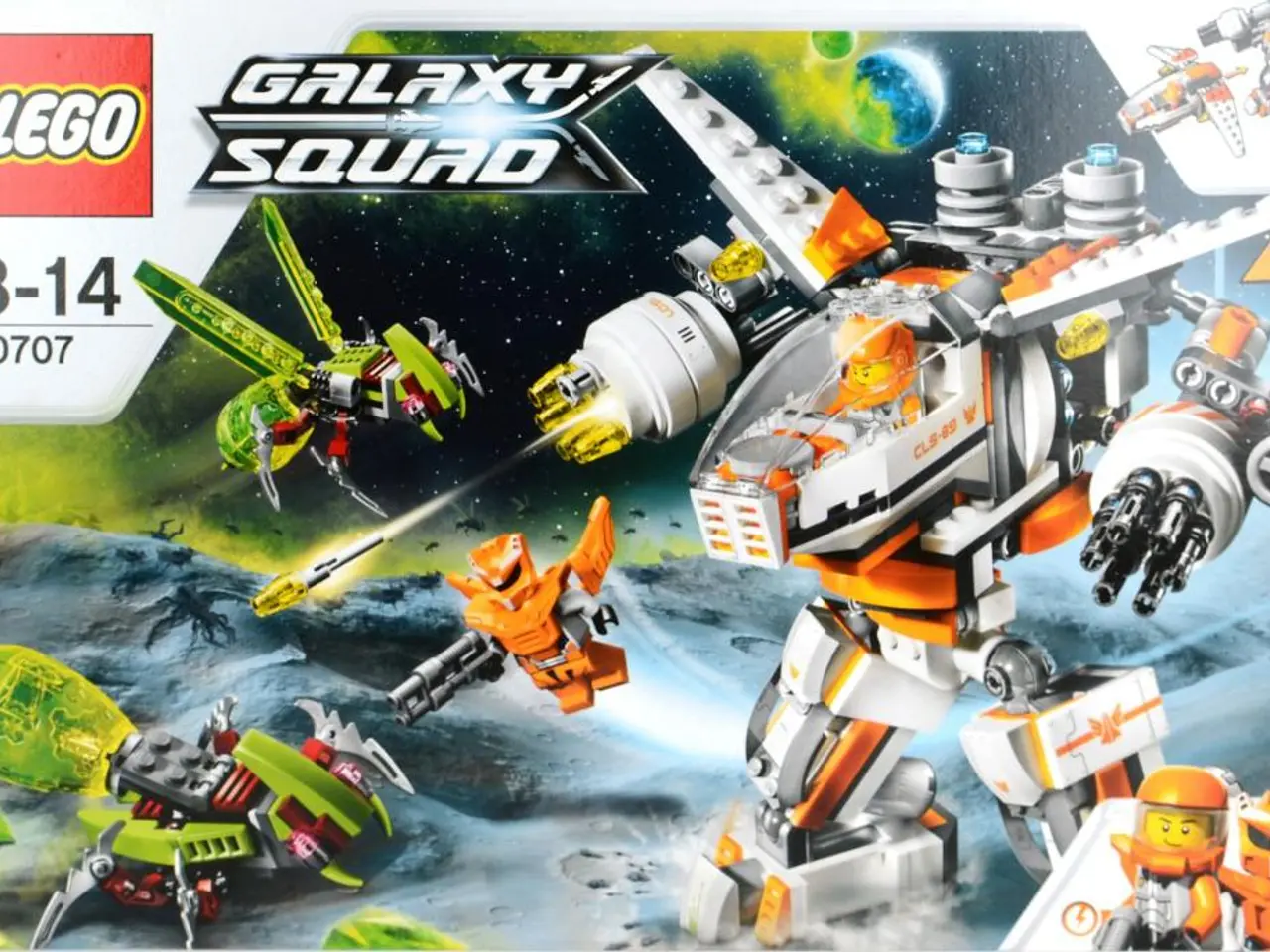AI service provider, OpenAI, launches advanced GPT-5 model for general public usage, touting it as possessing the intellectual prowess equal to a PhD-holder.
In a significant stride for artificial intelligence, OpenAI has unveiled its latest AI platform, GPT-5. This model, integrated into Microsoft 365 Copilot and other Microsoft products, showcases a remarkable leap in intelligence, reasoning, and adaptability compared to previous models and many rivals.
GPT-5 stands out for its real-time model router system, which dynamically selects the optimal sub-model to handle different prompt types, ensuring an effective balance between speed and depth of response.
In Microsoft 365 Copilot, GPT-5's components are utilised to:
- Provide quick, concise answers to straightforward questions through a high-throughput model.
- Tackle complex, multi-step problems requiring comprehensive analysis and verification with a deeper reasoning model.
- Improve contextual understanding and output accuracy through advanced chain-of-thought reasoning.
This multi-model orchestration via Azure AI Foundry allows Microsoft Copilot to deliver tailored responses that are both fast and contextually rich, setting it apart from AI systems that rely on a single large model without dynamic routing.
Compared to its AI competitors, Microsoft Copilot is unique in its tight integration with proprietary data layers like Microsoft Graph (emails, docs, calendars), enhancing context awareness and business-tailored solutions. Other AI systems, such as DeepSeek, generally lack this sophisticated model routing and fine-tuned integration within enterprise productivity suites.
User reviews and tests highlight GPT-5 in Copilot outperforming its predecessor (GPT-4 based) in accuracy, reasoning, multi-modal tasks, and practical usability.
GPT-5 proves adept at providing answers in various fields, including coding, writing, and health. It even responds almost instantly when asked to write a haiku on hotter weather due to global warming, setting it apart from rivals like DeepSeek, which takes a few more seconds to respond.
When it comes to health-related queries, Microsoft's Copilot recommends seeing a doctor and lists possible causes of breathing difficulties, while DeepSeek suggests immediate actions, calls for emergency services, and provides preventive measures.
OpenAI's GPT-5 is said to be safer and more accurate than its predecessors, setting a new standard in the AI industry. The company is seeking to solidify its leadership in generative AI, a field it helped popularize, with India emerging as a significant market. In fact, India is now OpenAI's second-biggest market, and CEO Sam Altman plans to visit the country next month.
OpenAI is working with the authorities of South Asia's largest economy to make AI more affordable, with the service set to be available to all ChatGPT users, including free users.
The deployment of GPT-5 in Microsoft Copilot represents a cutting-edge benchmark in AI productivity tools as of mid-2025, despite competition from tech majors like Microsoft, Google, Facebook parent Meta Platforms, Elon Musk's xAI, upstarts like Anthropic and Perplexity, and disruptive players like DeepSeek and Qwen from China.
Concerns over generative AI's potential problems, including misinformation and bias, have persisted. However, the integration of GPT-5 into Microsoft 365 Copilot and other products marks a significant step towards addressing these concerns through improved context awareness, business-tailored solutions, and enhanced safety features.
What citizens of India are doing with AI is quite remarkable, according to Mr. Altman, as they continue to push the boundaries of what is possible with this transformative technology.
- OpenAI's latest AI platform, GPT-5, integrated into Microsoft 365 Copilot and other Microsoft products, is a significant stride in artificial intelligence, demonstrating increased intelligence, reasoning, and adaptability compared to previous models and many rivals.
- The multi-model orchestration via Azure AI Foundry in Microsoft Copilot allows it to deliver tailored responses that are fast and contextually rich, setting it apart from AI systems that rely on a single large model without dynamic routing.
- GPT-5 in Copilot outperforms its predecessor (GPT-4 based) in accuracy, reasoning, multi-modal tasks, and practical usability in various fields, including coding, writing, health, and business.
- Other AI systems, such as DeepSeek, generally lack this sophisticated model routing and fine-tuned integration within enterprise productivity suites, as demonstrated by differences in health-related queries handled by both systems.
- India is now OpenAI's second-biggest market, and the company is working with Indian authorities to make AI more affordable, with the service set to be available to all ChatGPT users, including free users.
- OpenAI aims to solidify its leadership in generative AI, a field it helped popularize, with concerns over generative AI's potential problems, including misinformation and bias, being addressed through improved context awareness, business-tailored solutions, and enhanced safety features.




